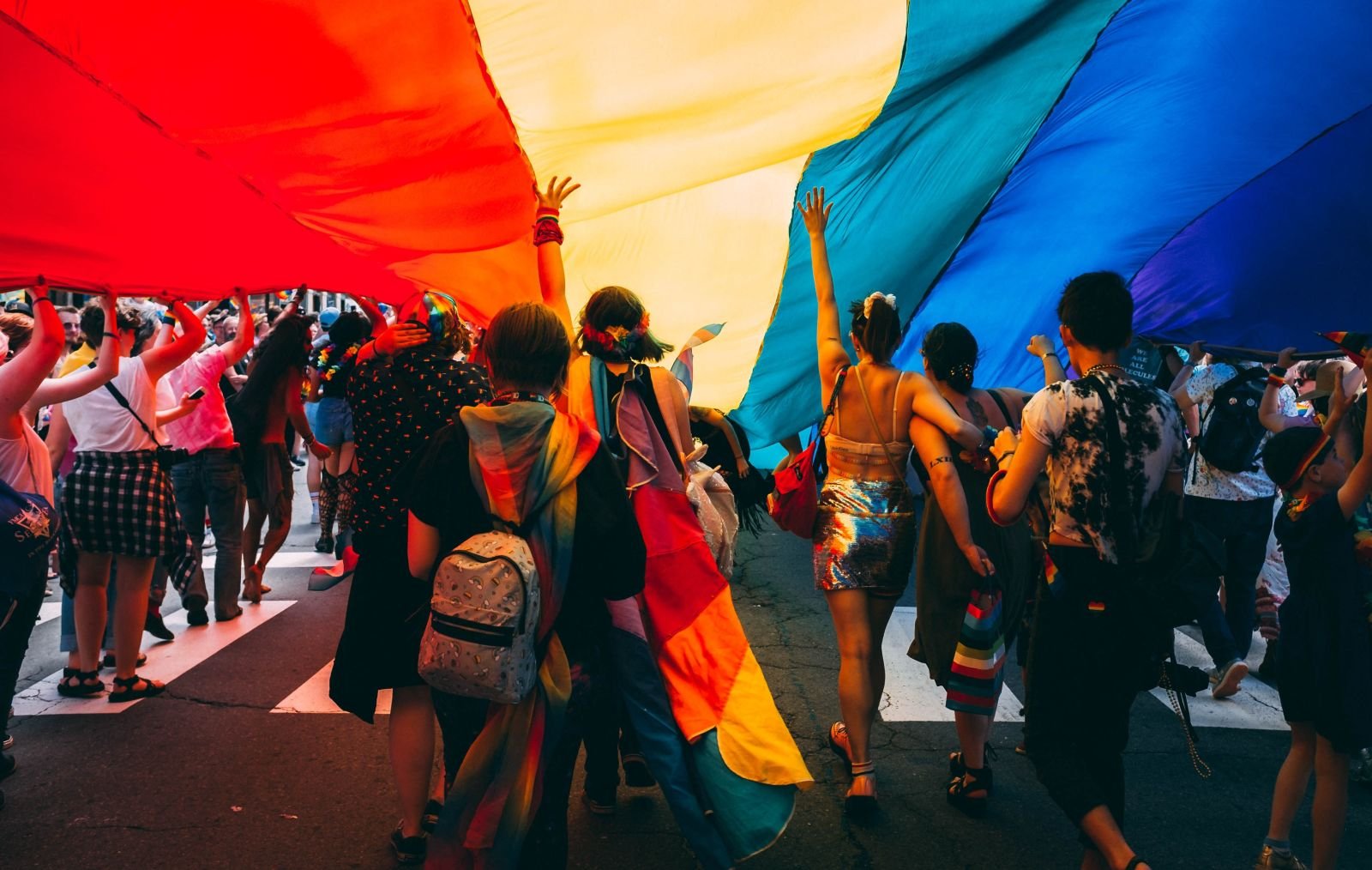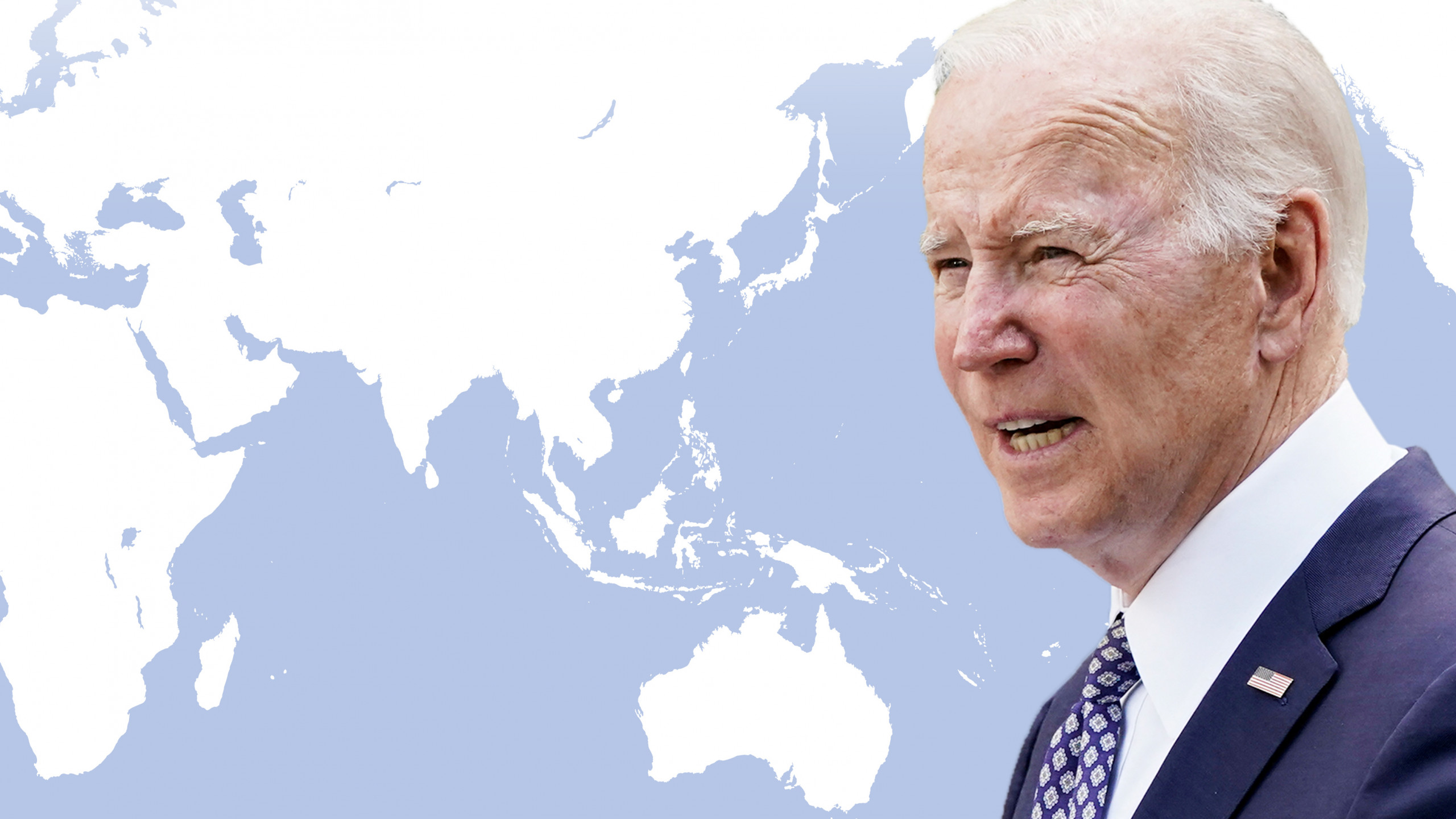LGBT+ Rights are a controversial topic in Southeast Asian countries. Although in some cases progress has been made, social stigma, homophobia and transphobia remain frequent.
Since the 1990s, ASEAN seems to have become increasingly interested in the issue of human rights. This is also demonstrated by the willingness of its Member States to establish the Intergovernmental Commission on Human Rights (AICHR) in 2009. In addition, in December 2012, the Commission issued the ASEAN Declaration on Human Rights (AHRD). However, this declaration is not binding for the Member States. In fact, the Intergovernmental Commission on Human Rights is a purely consultative body, devoid of any coercive capacity. Secondly, the right to sexuality is not in fact guaranteed in this declaration. ASEAN’s human rights declaration, for example, makes no mention of the term SOGI (Sexual Orientation and Gender Identity). The representatives of Malaysia, Brunei and Singapore strongly opposed the mention of this term in the AHRD going against the opinion of the representatives of Indonesia, Philippines and Thailand, who were in favour of including this term in the declaration.
The rights of the LGBT+ community are a controversial issue in the Association of Southeast Asian Nations; some ASEAN countries do not yet recognise the fundamental rights of the LGBT+ community, while others are making progress in this field. For example, Singapore has a highly organized LGBT+ community, but Article 337 is still present in its penal code condemning homosexual practices. Although in recent years this article has been applied less and less frequently, its presence in the code is used as a justification for not giving protection and for not eradicating prejudice towards the LGBT+ community. A statistical survey carried out in 2019 in Singapore shows that the majority of respondents, 61.6%, believe that a sexual relationship between two adults of the same sex is always wrong or inappropriate and only 5.6% believe that there is nothing wrong. This figure shows that unfortunately a change of pace on this issue is not close.
In contrast, 73% of Filipinos, according to a poll, are convinced that homosexuality must be accepted by society. According to a study by the Pew Research Centre in Washington, the Philippines in 2013 was already in the top 10 of the most gay-friendly countries in the world; in the country, in fact, there are several pride marches and gay societies continue to be established in universities. The Philippines, like other ASEAN members, does not have a national anti-discrimination law for the LGBT+ community. However, the Philippines and Thailand released in 2011 a joint statement to denounce acts of violence against human rights based on sexual orientation and are the only two ASEAN states where, at the local level, there are anti-discrimination ordinances in favour of LGBT+ community. In the Philippines there are approximately 25 local ordinances condemning acts of discrimination against this community. In any case, even if these ordinances are a big step forward, they do not have clear application mechanisms and therefore remain mostly symbolic.
Brunei also criminalizes homosexuality, having become in 2013 the first country in the area to apply Sharia at the national level. In this state, men who are homosexual can risk the death penalty. In addition, according to the Penal Code, any man who dresses and behaves like a woman and any woman who dresses and behaves like a man can face a penalty of $4,000 or a year of imprisonment. People of the LGBT+ community are also subject to severe penalties in Malaysia. In January last year, the ministers proposed to increase criminal sanctions against lesbian, gay, bisexual and transgender people, and moreover, only since June 2021, more than 1,700 Malaysians belonging to the LGBT+ community, have been sent to re-education camp. Also Aceh, an Indonesia’s autonomous region, inflicts severe punishments on members of the LGBT+ community. In this region, which has the permission to follow the laws of Sharia, only nine months ago people were publicly flogged as homosexuals. In the rest of Indonesia, however, there is no law that prevents homosexual relationships and transgender people are allowed to change gender legally, but only after the intervention of sex reassignment. In Myanmar, homosexual and transgender people have no rights and are legally persecuted under Article 377 of the Penal Code. In Cambodia, Vietnam and Laos, homosexuality is legal, but often there is no clear legislation in favour of the rights of the LGBT+ community.






